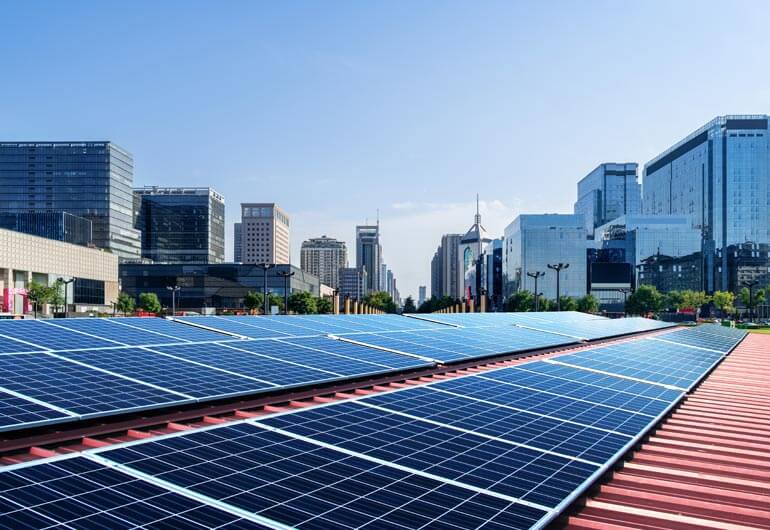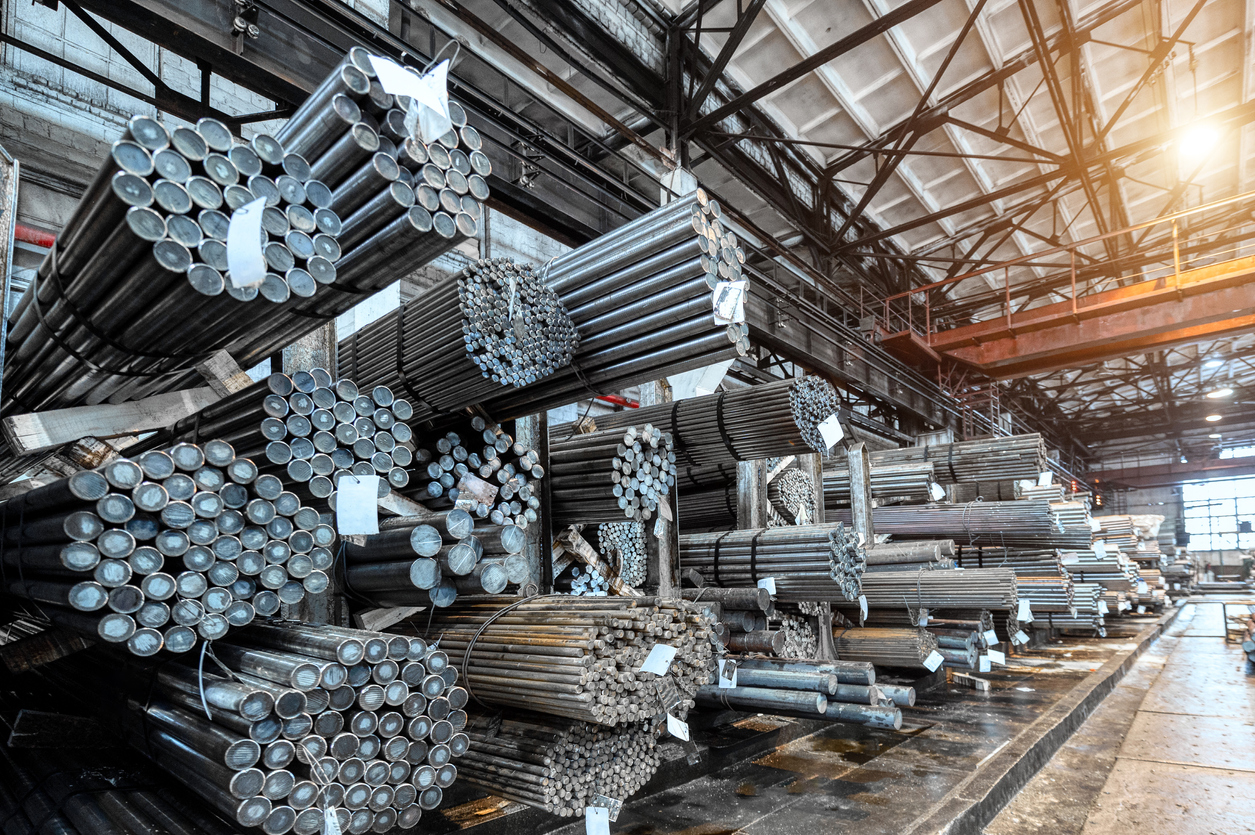Understanding the Tariff Impact on Solar Panels in the USA
The solar energy industry in the United States has seen significant growth in recent years, fueled by demand for renewable energy and government incentives. However, businesses involved in solar panel importation and distribution must navigate the effects of tariffs, which can directly impact pricing, sourcing, and profitability. Understanding the tariff impact on solar panels is essential for manufacturers, distributors, and end-users looking to make informed decisions.
How Tariffs Affect Solar Panel Pricing
Tariffs on imported solar panels, particularly those from countries like China, have introduced additional costs for U.S. importers. These duties can range from 15% to 30%, depending on the panel type and country of origin. For wholesalers and distributors, this increase often translates into higher retail prices.
Higher costs can slow adoption for some businesses, but companies that plan procurement strategically may mitigate the financial impact. For example, sourcing from alternative suppliers or negotiating bulk orders can reduce per-unit costs despite tariffs. Wigmore Trading can help businesses identify reliable suppliers and manage costs effectively.
Supply Chain Challenges Due to Tariffs
Tariffs don’t just affect pricing—they also influence supply chain dynamics. Importers may face delays as customs processes adjust to new tariff structures. Additionally, some suppliers may prioritize other markets with lower trade barriers, creating temporary shortages.
To navigate these challenges, businesses should diversify their sourcing options. Working with experienced partners like Wigmore Trading ensures access to a network of trusted solar panel suppliers, minimizing disruptions and maintaining consistent inventory levels.
Opportunities for Domestic Manufacturers
While tariffs increase costs for imported solar panels, they can create opportunities for U.S.-based manufacturers. Local producers may become more competitive as import prices rise, encouraging partnerships between domestic suppliers and distributors.
Businesses considering expanding into domestic sourcing can benefit from consulting firms and trading partners who understand both international and local market dynamics. Wigmore Trading offers guidance on balancing imported and domestic panels to optimize both cost and availability.
Strategic Planning for Solar Panel Importers
Businesses affected by tariffs must adopt strategic planning to maintain profitability. Key considerations include:
-
Analyzing import data: Track which countries are subject to higher tariffs and adjust sourcing accordingly.
-
Exploring exemptions and trade agreements: Some panels may qualify for reduced duties under specific trade rules.
-
Bulk procurement: Larger orders can offset per-unit tariff costs through economies of scale.
Partnering with Wigmore Trading allows businesses to streamline these processes and access solutions tailored to their operational needs.
Long-Term Outlook for Solar Panel Tariffs
The long-term impact of tariffs on solar panels in the USA depends on evolving trade policies and renewable energy incentives. While tariffs may create short-term cost pressures, government programs encouraging clean energy adoption could offset some of these challenges. Businesses that stay informed and work with knowledgeable partners can turn regulatory hurdles into manageable risks.
For companies looking to stay competitive, understanding tariff impacts and integrating strategic sourcing is essential. Wigmore Trading can help businesses navigate these complexities, ensuring consistent access to quality solar panels while mitigating additional costs.








Comments are closed.